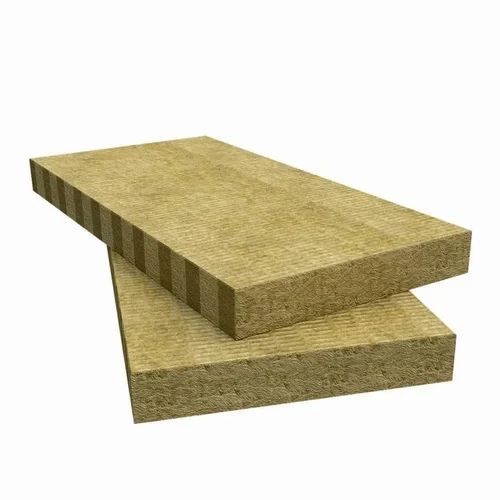Rockwool is a versatile and efficient insulation material made from volcanic rock or basalt. Known for its excellent thermal and acoustic properties, rockwool is widely used in construction to enhance energy efficiency and soundproofing. Its fibrous structure provides effective insulation, and it is resistant to fire, moisture, and pests. Rockwool is commonly used in residential and commercial buildings to create a comfortable and energy-efficient indoor environment.
Long Description: Rockwool, also known as mineral wool, is a highly versatile and sustainable insulation material derived from natural resources such as volcanic rock or basalt. The manufacturing process involves melting these rocks at high temperatures and then spinning the molten material into fibers, which are then compressed into various forms such as batts, boards, or loose-fill insulation.
One of the key advantages of rockwool insulation lies in its excellent thermal and acoustic properties. It is a highly effective insulator, helping to regulate indoor temperatures by minimizing heat transfer through walls, ceilings, and floors. This property makes rockwool a popular choice for residential, commercial, and industrial buildings aiming to enhance energy efficiency and reduce heating and cooling costs.
In addition to thermal insulation, rockwool excels in soundproofing applications. Its dense and fibrous structure absorbs sound waves, making it an ideal choice for improving acoustic performance in homes, offices, and entertainment venues. This makes it particularly valuable in areas where noise control and privacy are crucial considerations.
Another notable characteristic of rockwool is its resistance to fire, moisture, and pests. It is non-combustible, providing an added layer of safety in buildings by inhibiting the spread of flames. Moreover, rockwool does not absorb water, ensuring that its insulation properties remain effective even in humid conditions. Additionally, it is resistant to mold and pests, contributing to a healthier indoor environment.
The versatility of rockwool extends to its ease of installation. Whether used in new construction or retrofitting existing structures, rockwool insulation is available in various forms to suit different applications. It can be installed in walls, attics, ceilings, and floors, offering a comprehensive solution for improving overall building performance.

